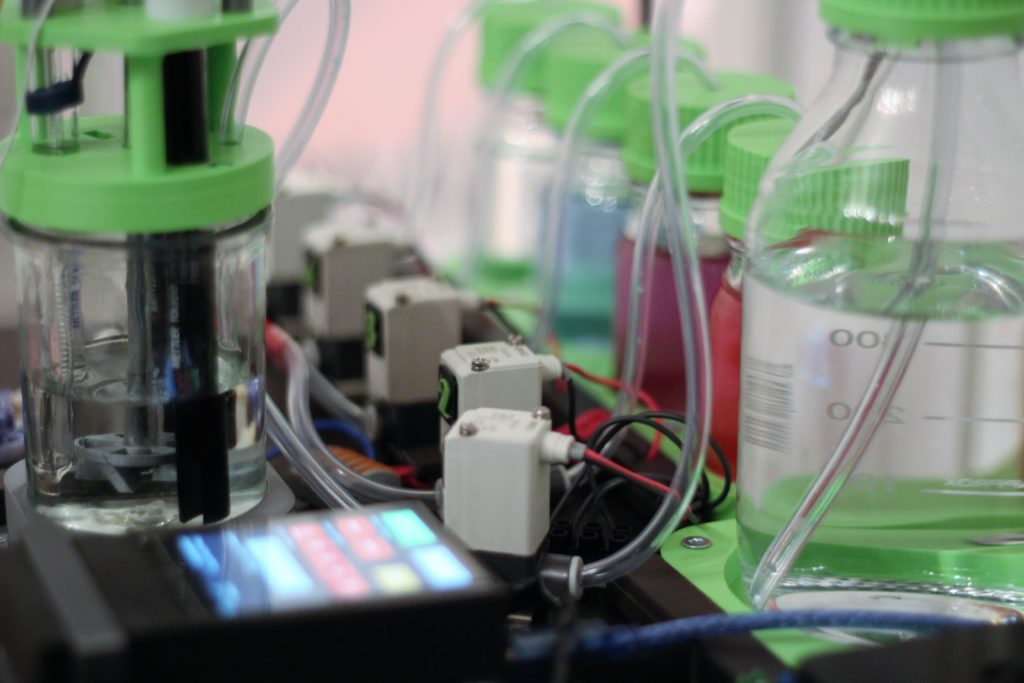Dr Loïc Roch works at the intersection of chemistry, artificial intelligence (AI) and computing. He explains how he got to where he is today – and how AI can make research and development (R&D) in the life sciences and materials sciences more effective.
Tell me a bit about your background and how you got to where you are today.
I’m Swiss and my background is in chemistry and computing. I did a PhD in quantum chemistry in Switzerland and China before deciding to move to computer science. I developed Atinary’s underlying technology while working on AI and software design for my postdoc at Harvard. At a workshop in Mexico in 2017, I met my co-founder and we decided to launch a start-up in 2019. We had complementary skills as he’s from a business and economics background. After raising funds for Atinary in the US, we came back to Lausanne and built a team here – so after spending time in lots of different places, I’m now back in Switzerland!
Atinary is a Swiss-American company. What are the benefits of being based in both countries?
There are lots of advantages. Starting a company in the US is extremely quick – it can be up and running in a matter of days. The US is more opportunity-oriented and less risk-averse than Europe, so we managed to gain traction and raise capital quickly. We do strategy and business development there, together with our business advisors, while the rest of the team is based at Biopôle. In Switzerland, we benefit from a rich ecosystem that combines leading companies in chemistry, pharma and life sciences with top universities and talent. And at Biopôle there’s a real spirit of collaboration and lots of opportunities to work in partnership with others, which is a huge advantage.
What does your work at Atinary involve?
We merge high-performance computing, materials sciences and AI to fast-track R&D. Companies can deploy our AI technology seamlessly in their R&D processes and existing workflows. We have a product available online that R&D labs can connect to in order to accelerate their research. If they have automation available, we can make R&D autonomous, running 24/7 and leveraging and augmenting the work of the scientists in the lab.

